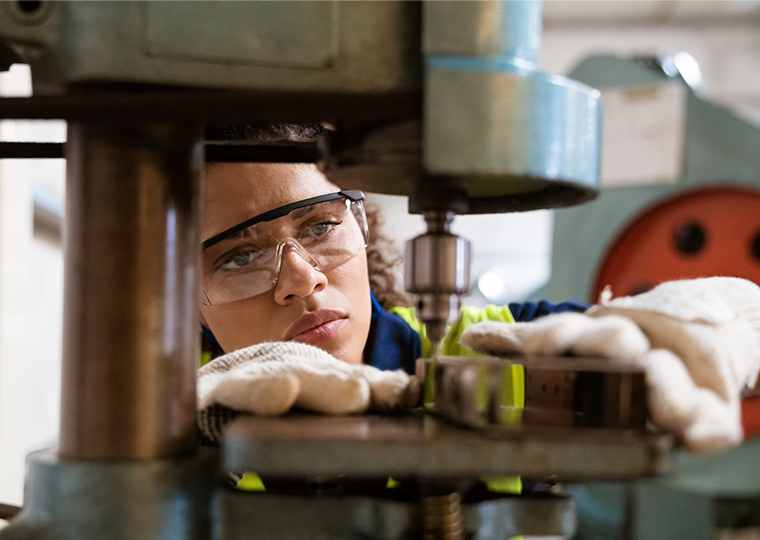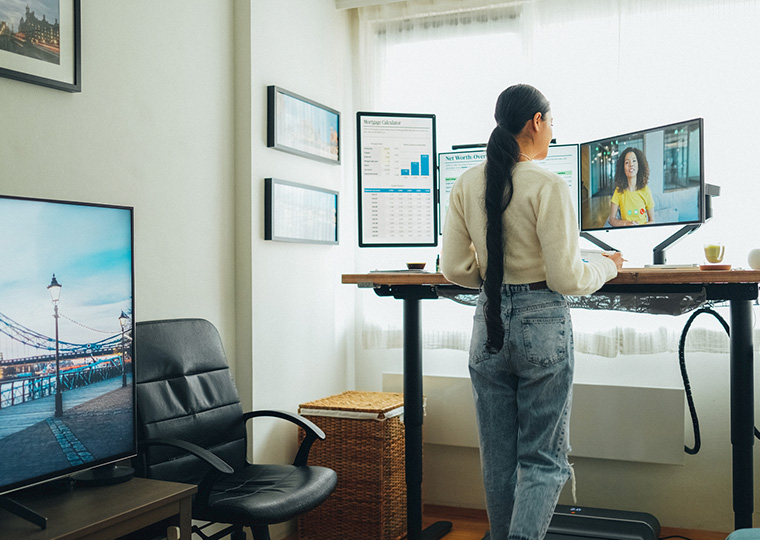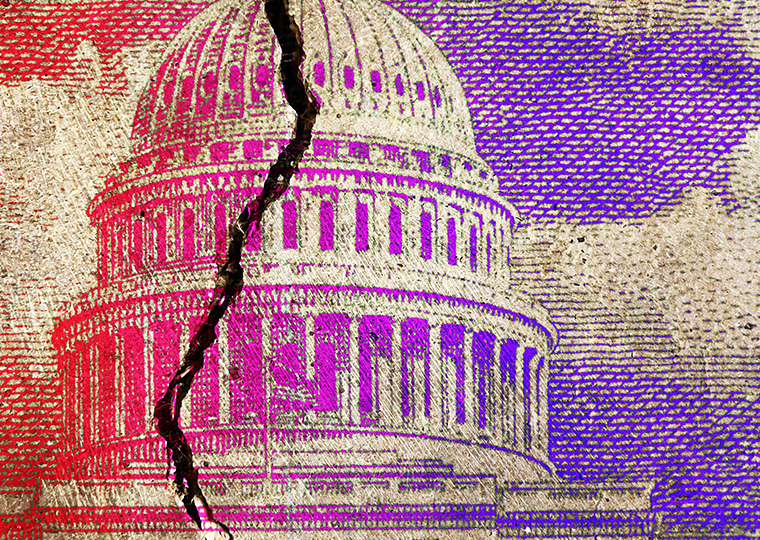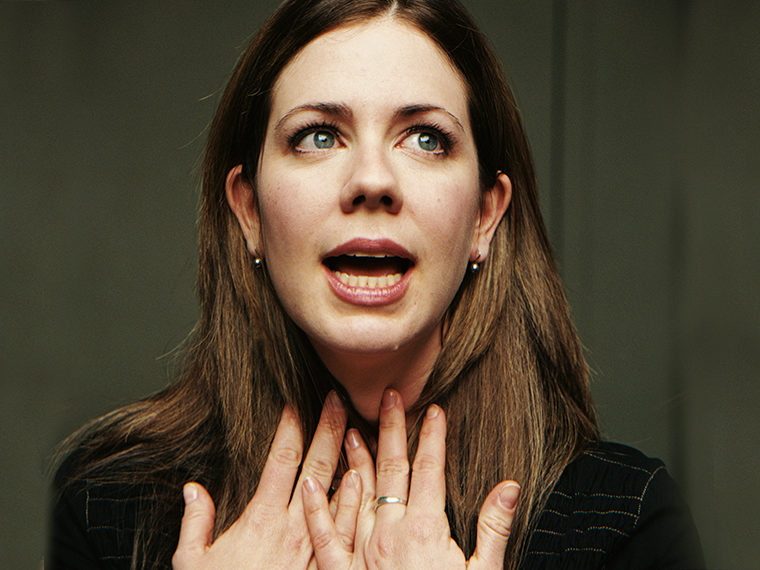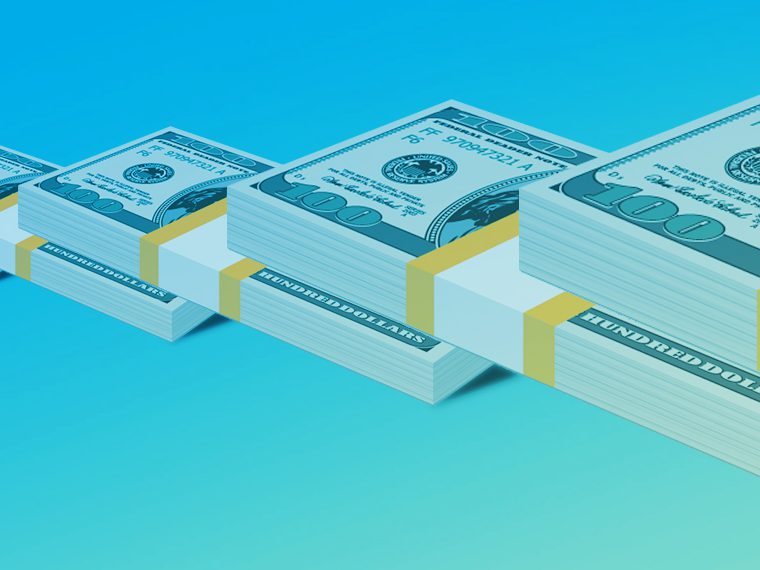People rate selves better than average, even faced with objective data to the contrary
Are you a better driver than most? A more moral person? More skilled or smarter than most of your career peers? It’s perfectly ordinary to think, “Yes, in fact, I am.”
Decades of research suggests most people assess themselves as better than average in many aspects of life, which is a mathematical impossibility on the whole. Unlike all the children in Lake Wobegon, we can’t all be above average.
The most incompetent people, in whatever skill researchers ask about, tend to overestimate themselves by the widest margin. People who actually are above average are often pretty good at self-assessment, and some rock stars even mistake themselves as closer to average than they are. This Dunning-Kruger effect persists when subjects report on subjective attributes, such as honesty, friendship skills and the ability to identify a funny joke.
Most experts attribute the phenomena to overconfidence bias, believed to be hardwired in our brains. The human psyche, the theory goes, naturally desires a positive self-assessment and skews how it processes information to help achieve it. Many versions of the theory imply that if only subjects had sufficient objective data for realistic assessments, their delusion would fade.
A paper published in Psychological Science raises doubts about the not-enough-evidence excuse for overconfidence. Even hardcore facts — ones that should calibrate our self-assessments — do little or nothing to dent unwarranted optimism about oneself, suggests the paper, by the Consumer Financial Protection Bureau’s Patrick R. Heck, UCLA Anderson’s Daniel J. Benjamin, University of Illinois’ Daniel J. Simons and Geisigner Health System’s Christopher F. Chabris.
I’m a Better Player. I Just Can’t Beat Worse Ones.
The researchers recruited tournament chess players for a study sample of 3,088. All were members of national or international chess organizations that publicly rate each competitor after every match. Although the formulas vary by organization, each one creates frequent, unbiased skill assessments for all players to see.
In the paper’s anonymous study surveys, some 60% of players reported that their ratings were lower than deserved. That’s four times as many as believed their ratings were too high, the researchers note. Average-rated players predicted they would win six out of 10 games against someone of equal rating, and less skilled players thought they would win even more in that situation. Where odds based on real ratings predicted match ties, these players expected resounding victories.
The overconfidence in these personal predictions became evident over the next year, which ended with at least 90% of respondents who were initially overconfident failing to achieve the higher rating they believed they deserved.
The results are important to efforts meant to make people more knowledgeable about their own strengths and weaknesses as a way of staving off poor decisions. For example, that performance review at work; the quizzes before the test; the other mountain climbs the Nepalese government requires before attempting Mount Everest. These all offer clues that could be used to calibrate a too-optimistic self assessment. Taken to heart, they might prevent someone from dragging down the company’s performance, flunking a class or dying stupidly on ice from sheer conceit.
The study, however, suggests that people are disinclined to interpret negative feedback as reflecting poorly on their own skills. What’s the point in sharing evidence of a subordinate’s subpar performance with them if the conversation just backfires into excuses and resentment?
Overconfidence Feels Good
Despite downsides of overconfidence, there may be some benefits to mistaking our aspirational selves for what we can actually do today. Scientists have long questioned whether accurate judgements benefit personal well-being, such as personal satisfaction with one’s career, relationships or life in general.
In separate research, UCLA Anderson’s Joyce C. He and University of Toronto’s Stéphane Côté tested four long-standing theories about how realistic self-assessment, or just having really great skills, might improve life. The findings ran in Nature Human Behavior in 2019 as the first (of two articles in the volume) that were guaranteed publication on the basis of the proposed research question and methods before the data were collected. The protocol, meant to ward off publication bias and give air to even null conclusions, bases acceptance on pre-registered study design and hypotheses.
To their surprise, He and Côté found little support for any of the predicted outcomes. Instead, people with quite low skills but a lot of unwarranted confidence — those who self-enhanced — appeared exceptionally well-adjusted, reporting higher satisfaction with their lives, career, and relationships. Denying inadequacies, it would seem, predicted greater happiness.
Because considerable self-enhancement as a benefit was not a hypothesis of the study, that inference from the data is not an official finding. He and Côté both stress the need for more research.
He and Cote, in a separate paper, found that believing one possesses empathy — as opposed to actually having it — is also a source of contentedness.
New Math, Old Results
The authors of the chess players study hatched the idea for it more than 25 years ago at Harvard. (Three of the authors had personal experience as tournament chess players.) Their pilot study involved Chabris traveling to chess tournaments and recruiting 159 rated players one by one to fill out paper-and-pencil surveys.
The initial results suggested players were overconfident, but the researchers realized that, for truly reliable answers, they needed a much larger sample, and much more time. (They did not have today’s technology to quickly recruit and question subjects, or to analyze responses.) The work was put on hold as the authors turned to other research.
By the time they revisited the project in 2018, many studies had reproduced overconfidence bias and the Dunning-Kruger effect, but critics had also pointed out a number of alternative interpretations. For example, some experts highlight the subjective nature of criteria used to define “average” for whatever skill or attribute is tested and people’s flexibility in choosing whatever criteria suits them best. What really makes a “good driver” or a “funny joke?” Other skeptics pointed to potential issues with the statistical methods used in analyzing the results of these studies.
The new chess player study, designed together with social psychologist Patrick Heck, was intended to address these complaints. The chess organizations’ ratings gave the study objective measures of ability, and the subjects knew their own ratings and what the ratings mean. In this new study, the steps used to produce and crunch the data were pre-registered at Open Science Framework. They will be made public now that the study has been published.
The new results appear to provide perhaps the strongest evidence yet for overconfidence bias and the Dunning-Kruger effect. Moreover, they find, this feeling of superior skills in those sorely lacking is strong enough to persist even when it really, really shouldn’t.
Featured Faculty
-
Daniel J. Benjamin
Professor of Behavioral Economics and Genoeconomics
-
Joyce C. He
Assistant Professor of Management and Organizations
About the Research
Heck, P. R., Benjamin, D. J., Chabris, C. F., & Simons, D. J. (2024). Overconfidence persists despite years of accurate, precise, public, and continuous feedback: Two studies of tournament chess players. https://doi.org/10.31234/osf.io/yd5he
He, J.C., Côté, S. Self-insight into emotional and cognitive abilities is not related to higher adjustment. Nature Human Behavior 3, 867–884 (2019). https://doi.org/10.1038/s41562-019-0644-0
He, J.C., & Côté, S. (2023). Are Empathic People Better Adjusted? A Test of Competing Models of Empathic Accuracy and Intrapersonal and Interpersonal Facets of Adjustment Using Self- and Peer Reports. Psychological Science, 34(9), 955-967.
Zell, E., Strickhouser, J. E., Sedikides, C., & Alicke, M. D. (2020). The better-than-average effect in comparative self-evaluation: A comprehensive review and meta-analysis. Psychological Bulletin, 146(2), 118–149. https://doi.org/10.1037/bul0000218

